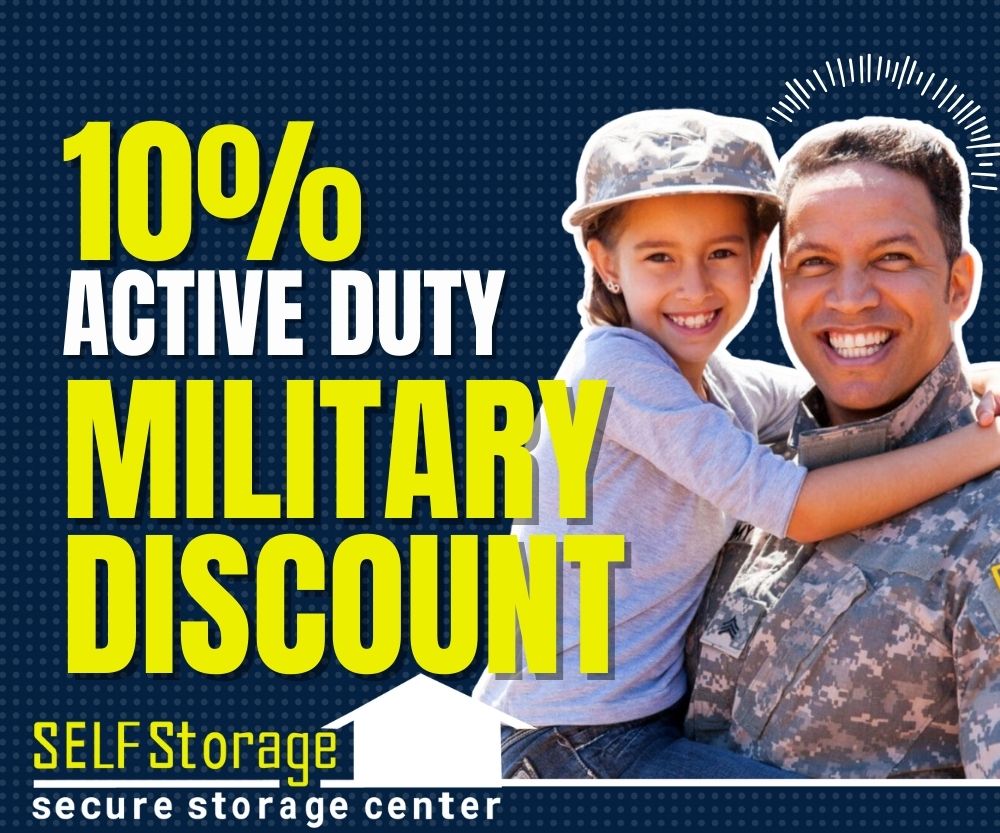Hidden Cost of Cheap Storage
Hidden costs are one of the biggest reasons “cheap” storage in Savannah ends up costing far more than expected over time. Many facilities advertise a rock-bottom monthly rate, then quietly add fees for administration, insurance, locks, and even basic access, turning a simple solution into a frustrating, expensive surprise. Understanding what to watch for in those low advertised prices helps renters protect their budget and choose storage that is truly affordable and transparent.

The Lure of Low Monthly Rates
At first glance, price-comparison sites and online listings make it look easy to find a bargain storage unit in Savannah, with small units advertised from around twenty to forty dollars per month and 10×10 spaces commonly starting under one hundred dollars. Those headline rates are designed to catch the eye, but they rarely tell the full story about what you will actually pay once fees, required insurance, and future rate increases are taken into account. In a market where the average monthly rate for a storage unit in Savannah is well over one hundred dollars, prices that seem too good to be true often come with strings attached in the fine print.
Common Hidden Fees to Look For
One of the most common surprise charges is the “admin” or “setup” fee that appears only when you sign the contract or move in. Facilities sometimes bundle these costs under vague labels like “administrative services” or “facility maintenance,” making it hard to see that you are paying an extra one-time or recurring charge on top of your rent. Other hidden fees can include lock charges, required security deposits, and mandatory purchase of a specific lock or access card, all of which raise your first month’s cost beyond the advertised rate. Renters should also be cautious about required insurance: some facilities insist on a particular policy or automatically add insurance to your bill without clearly explaining coverage or allowing you to use your own provider.
Late payment and access-related charges are another area where “cheap” storage can become suddenly expensive. Contracts may include late fees, reminder fees, or lockout fees that stack up quickly if you miss a payment by even a few days. In some cases, customers are blocked from accessing their unit until the full balance plus penalties is paid, which can be especially stressful if essential household or business items are inside. On top of that, certain facilities reserve the right to charge fees for cutting locks, processing auctions, or even simply sending notices, all of which are often buried deep in the small print.
The Problem of Introductory Rates and Sudden Increases
Another hidden cost shows up not as a fee but as a sharp rent increase after you have already moved in. Many low-priced storage units use introductory or promotional rates that last only for a few months before jumping to a much higher amount. Some contracts state that management can raise rent at its discretion, sometimes with minimal notice, leaving renters locked into a location that no longer fits their budget but is difficult to leave quickly. In Savannah’s competitive storage market, even a modest monthly increase can add hundreds of dollars in extra cost over a year, wiping out any savings from the initial “deal”.
How Cheap Units Can Cost You in Other Ways
Beyond the contract itself, very low prices often signal cut corners in areas that matter: security, cleanliness, and climate control. Cheaper facilities may lack strong security features, such as video surveillance, on-site management, or well-lit, fenced properties, putting stored belongings at higher risk. Budget units may also skip regular pest control, leaving your items more vulnerable to insects and rodents, which can cause irreversible damage to furniture, clothing, and important documents. In a humid, storm-prone city like Savannah, non–climate-controlled units that seem like a bargain can quickly lead to mold, mildew, and warping—costing you far more if treasured items have to be repaired or replaced.
How to Choose Transparent, Honest Storage in Savannah
The best way to avoid hidden costs is to ask direct questions and insist on clear, written answers before signing anything. Renters should request a full breakdown of all one-time and recurring fees, including administration costs, security deposits, lock charges, required insurance, late fees, and any lockout or auction-related charges. It is equally important to ask how often rates can be increased, what kind of notice is required, and whether there are any special conditions tied to promotional pricing. Reputable facilities in Savannah highlight straightforward pricing, emphasize that there are no hidden fees, and make it easy to understand exactly what you will pay each month. By combining careful contract review with a focus on quality features—such as climate control, strong security, and consistent customer service—savvy renters can avoid the trap of “cheap” storage and choose a unit that truly protects both their belongings and their budget

Check out our other recent blogs:
How to Store Family Heirlooms Safely for Generations
How to Store Family Heirlooms Safely for...
How Smart Entrepreneurs Utilize Offsite Business Storage in Savannah
Local Business Owners Love Offsite Business...
6 Tips for Storing Your Holiday Decorations for Next Year
Storing Holiday Decorations Christmas is...



